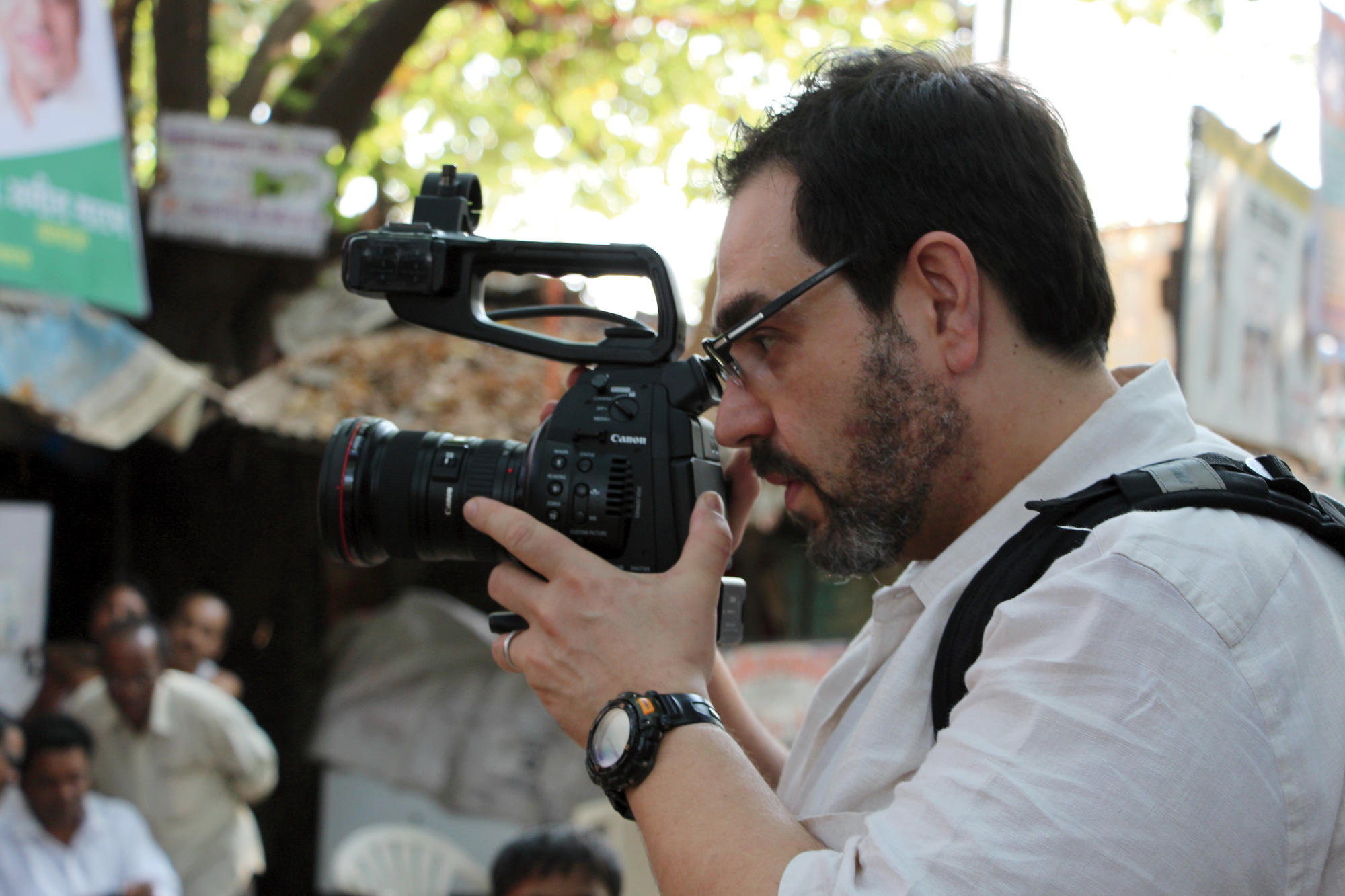"I always wanted to be a foreign correspondent,” says Peter Klein ’93JRN. He recalls watching the 1984 film The Killing Fields as a teenager and idolizing the heroic journalist Sydney Schanberg, who braved Pol Pot’s notorious Communist guerillas to cover the 1970s Cambodian genocide for the New York Times. “I wanted to be him.”
Schanberg made it back home to collect a Pulitzer Prize, but he saw scores of his Cambodian colleagues and sources marched to their deaths by the Khmer Rouge. This fact — the relative safety of Western correspondents in relation to the life-or-death risks taken by the local “fixers” who serve as their interpreters and guides — was not lost on Klein, even as a young person. In the thirty years since, he has held onto the notion that international journalism needed a reboot. Now he’s giving it one.
This June, Klein became the founding director of the Global Reporting Centre, a Vancouver-based nonprofit that reports international stories in cooperation with local journalists. The center, which grew out of a program that Klein created in 2008 to take University of British Columbia graduate journalism students on overseas reporting trips, hopes to reinvigorate enterprise reporting and cover global issues that are currently underreported.
Klein first began thinking about how to help international and local journalists create better collaborations in the 1990s, when he covered the Bosnian war for National Public Radio and the Christian Science Monitor. While he traveled the area for months, learning the dialects and immersing himself in the culture, he was concerned when he saw “these reporters from New York and London coming in with their little reporter vests out of a Doonesbury cartoon, flying in for a couple of days, not speaking one word of any of the languages, having very little knowledge of the history of why this war was going on.”
He knew this was a systemic issue. “I thought about what a fraud this is,” he says, “and yet somehow I got sucked into that world. I would parachute into a country that I knew very little about and try to do the best I could.”
Over the following two decades, Klein would build an enviable résumé, reporting and producing for news programs such as 60 Minutes and Nightline.
With the Global Reporting Centre, he’s now established a global network of international and local journalists and academics to showcase voices that would have gone unheard in the for-profit media environment. For one recent project, the center partnered with an independent media organization in Mogadishu, Somalia. The team there was fitted with body cameras to offer a reporter’s-eye view of what it’s like to be a journalist in the East African country, where more than fifty reporters have been murdered in the past twelve years. Another project uses local reporting teams to examine how the mentally ill are treated in the slums of Mumbai, the refugee camps of Jordan, and the rural West African nations of Togo and Benin.
Klein admits that courting donors and filling out grant applications leaves him little time to be where he’s always wanted to be: the front lines of a story. But his efforts to expand the role of nonprofit journalism on a global level are already paying off — plans are in the works for two more centers to open in Europe and India.



